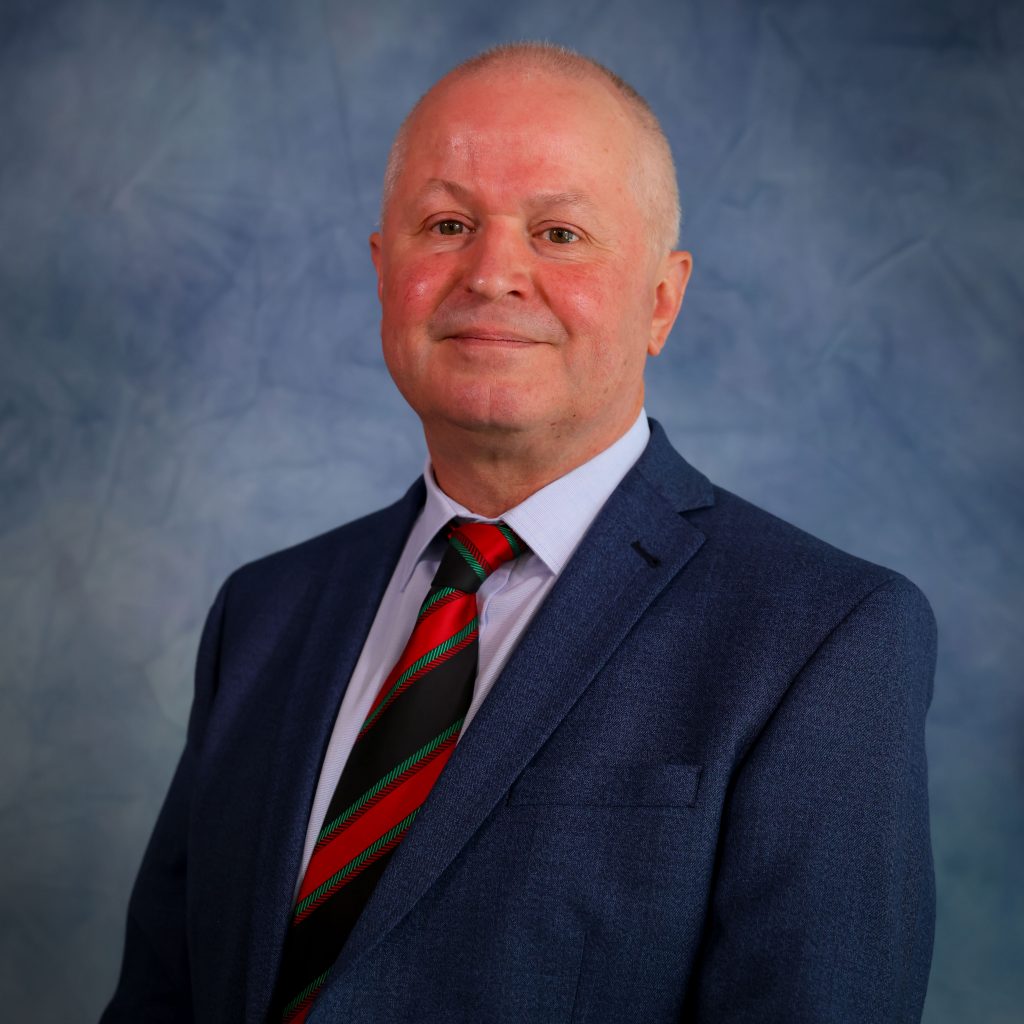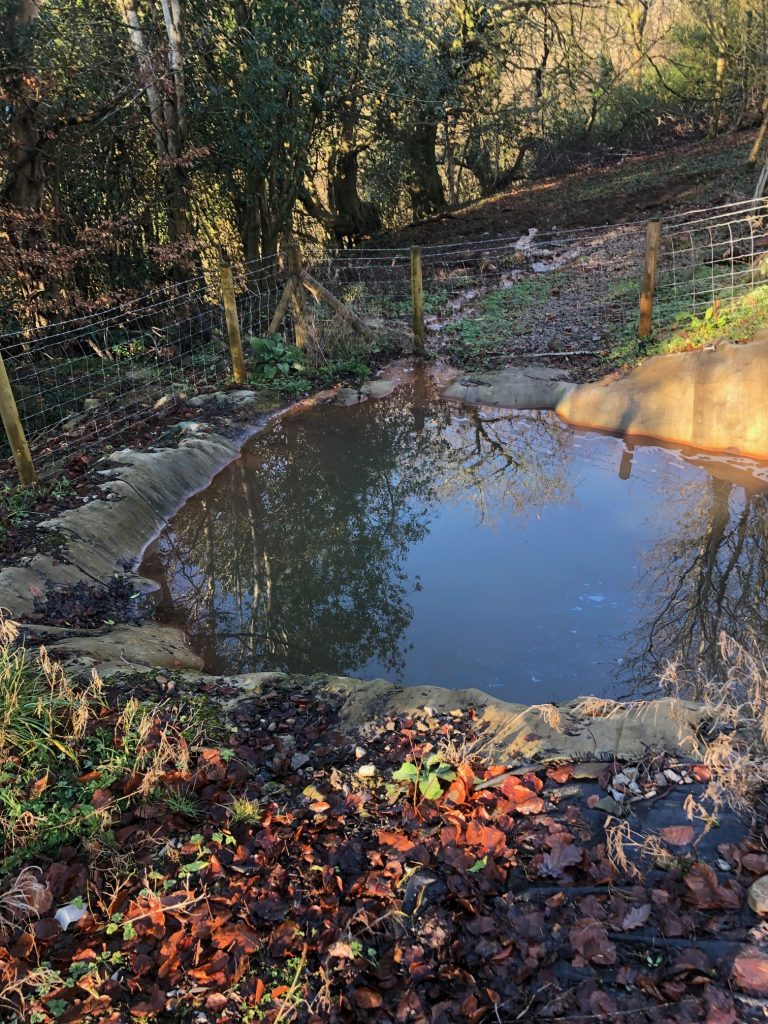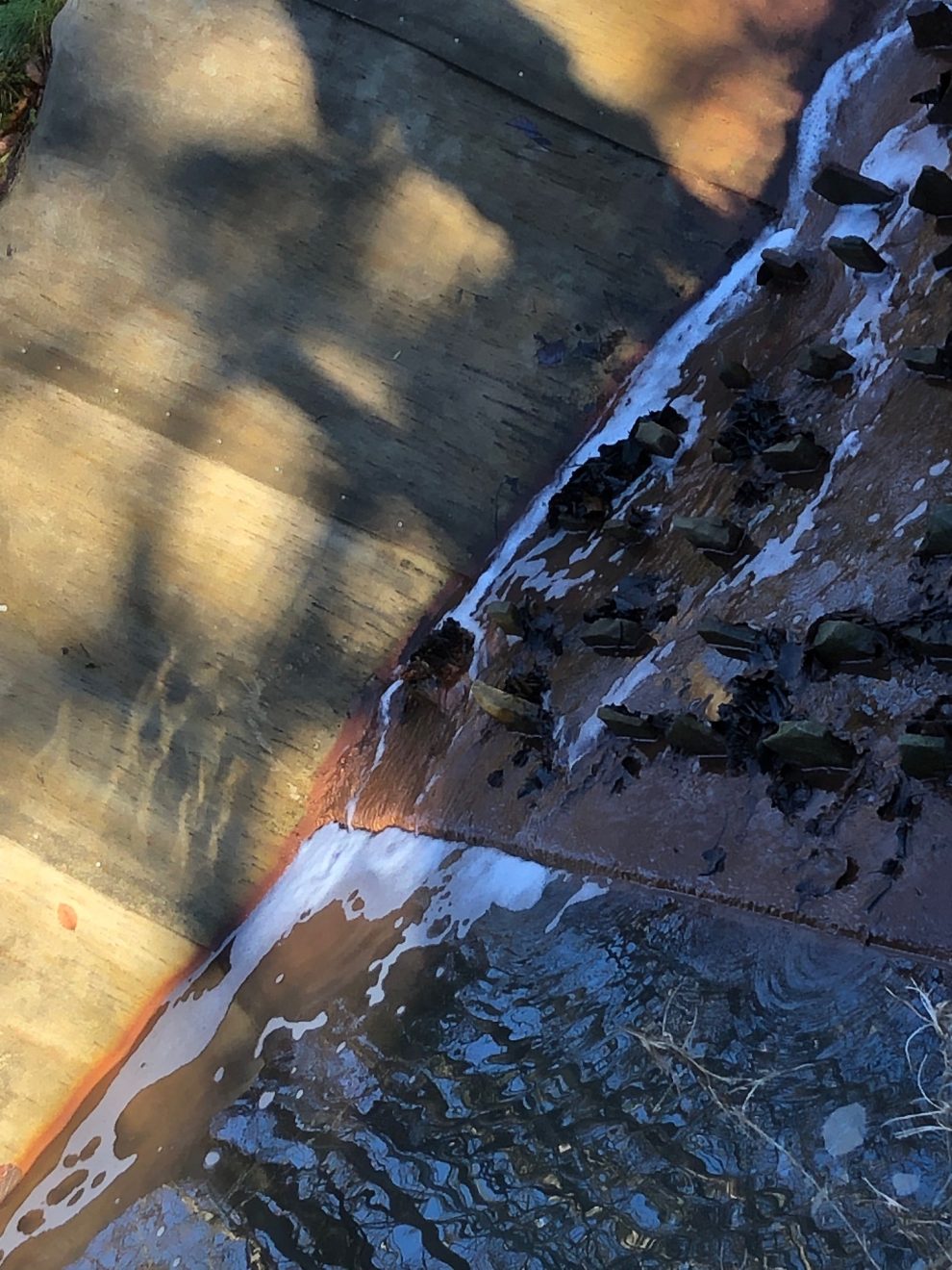CAERPHILLY’S council leader wants additional support from the Welsh Government to manage issues with Ynysddu’s contaminated quarry.
Samples taken from Ty Llwyd quarry and analysed by Greenpeace revealed there are toxic chemicals running off the quarry into the nearby community woodlands.
Councillor Sean Morgan said he supports the proposal of a public inquiry by Welsh Government into the quarry, as it could result in “additional support and funding being made available to help us and other local authorities deal with the legacy of our industrial past”.

Ynysddu’s independent councillors, Janine Reed and Jan Jones, put forward a notice of motion calling for a public inquiry, which was unanimously supported by the environment and sustainability committee on Tuesday May 2.
Greenpeace’s tests found a number of toxic and industrial chemicals including a polychlorinated biphenyl (PCB). PCBs are a group of man-made chemicals widely used in the manufacture of electronics.
It is thought PCBs were dumped at the quarry by chemical firm Monsanto from its Newport factory decades ago.
Dr David Santillo of Greenpeace, who analysed the samples, said: “Those chemicals really shouldn’t be there.
“What we did with the samples is a small part of the puzzle, but the fact we were able to – with a limited number of samples – find those chemicals show that there is an issue, we just don’t know how big the issue is.
“It is something that needs urgent attention.”
The quarry is one of a number of suspected Monsanto dump sites across south Wales. Brofiscin Quarry, in Groesfaen, Rhondda Cynon Taf, is the only one designated as contaminated land at the moment – and campaigners want Ty Llwyd to have the same status.
Residents and councillors have reported a “toxic smell” and brown, foamy liquid coming from the council-owned quarry.

Cllr Reed said the leachate overflows into the Pantyffynnon Woodland and beyond, and could be running into the two nearby rivers – the Sirhowy and Ebbw – and damaging the habitats of otters.
Cllr Morgan, who represents Nelson, said: “As leader of Caerphilly council, I stand shoulder to shoulder with the community in seeking a resolution to the ongoing concerns caused by historic dumping of material at the Ty Llwyd quarry site.
“The contamination of the land dates back over 50 years and the council has inherited this long-standing problem, along with the significant challenge of effectively managing the site – particularly during periods of heavy rainfall.
“I share the concerns of residents about the impact on the community and the local environment, but I would like to assure everyone that the council continues to work closely with our regulators and we are complying with all relevant legislation and guidance.”
Following the leader’s announcement, Cllr Jones and Cllr Reed put out a joint statement which said: “After a massive campaign by the community and supported by their local councillors we welcome this council finally listening to their concerns.
“We hope this dangerous quarry is designated a contaminated site under Environmental Protection Act Part Two A, promptly now, rather than continuing with the piecemeal ineffective work that CCBC have carried out over the years.”
Prior to the council leader’s announcement, Greenpeace’s Dr Santillo said: “With these kind of sites they are legacy sites and the former operator will have moved on and lost interest and it becomes a problem for the local council and Natural Resources Wales.
“If the council says it’s too big a problem for them to deal with that’s ok, but they have got to be honest about that.
“The council shouldn’t defend what’s happening but it should represent the community. This is what councils should be about, they shouldn’t be about keeping people in the dark.”
He added: “Nobody expects [the council] to do the impossible, but we expect them not to let the problem drift. Now is the time to say we need help to deal with this and we would fully support them in that and hope it’s a catalyst for environmental justice.”
Dr Santillo said the council should be lobbying the UK Government to provide support and funding for local authorities having to manage contaminated waste sites across Wales.


















